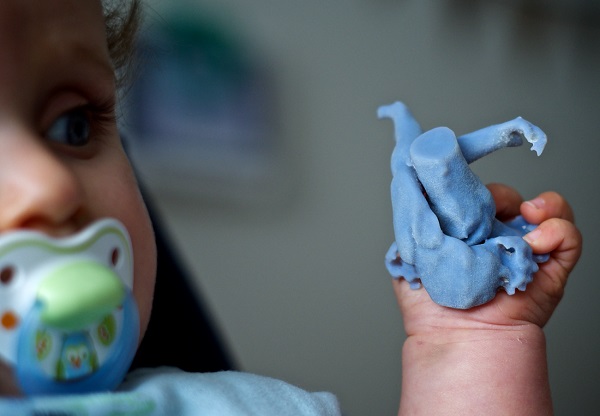During the past decades, the care for patients with congenital heart disease (CHD) has improved dramatically. Where only a minority of patients survived fifty years ago, currently more than 90% of patients live into adulthood. Therefor both research and clinical care need to shift from mortality to morbidity.
To accomplish this we developed the Congenital Heart Disease life span project. A lifecycle project that focusses on improvement of diagnostics and long term cardiovascular and neurodevelopmental outcome in patients with severe congenital heart disease.
The UMC Utrecht is one of the four national expertise centers for treatment of congenital heart disease. We have developed the Congenital Heart Disease Life Span Program: a unique life cycle approach with an extensive research program fully integrated in clinical follow-up from as early of 20 weeks gestation up to the age of 40 and onwards. Cardiac- as well as neurocognitive follow-up is protocolized for all major congenital heart defects and includes sequential MRI scanning of the fetal as well as pre- and postoperative heart and brain. Follow-up is fully aligned with the other patient focus groups of the Child Health and Circulatory Health programs of the UMC Utrecht. There is one outpatient clinic (link in Dutch) for both children and adults with congenital heart disease located in the Wilhelmina Children’s Hospital. One team of dedicated congenital heart disease echo technicians performs all echocardiography’s. There are weekly meetings where children and adults with congenital heart disease are discussed in a multidisciplinary team with pediatric cardiologists, GUCH (Grown-Up Congenital Heart disease) cardiologists, congenital heart surgeons, cardiac anesthetists and pediatric intensivists. One team of surgeons and interventional cardiologists perform all surgeries and catheterizations in children and adults. Furthermore there are special outpatient family clinics for genetic arrhythmia’s/cardiomyopathies where entire families are jointly treated by the pediatric and adult cardiologist.
Within the multidisciplinary clinical research team close collaboration exists with several research groups. Neurodevelopmental outcome is assessed in close collaboration with the group of Manon Benders (neonatology) and Renske Schappin (psychology). Furthermore close collaboration on cardiac imaging exists with the group of Tim Leiner (radiology). In collaboration with the groups of van Haaften (genetics) and Bakkers (Hubrecht) the genetic origin of congenital heart disease is being unraveled. Finally the UMC Utrecht plays a prominent role in several international consortia on neurodevelopmental outcome in congenital heart disease; e.g. the EU-ABC consortium and CNOC consortium.
Both physical and mental development deserve our full attention since problems often occur. We have developed a special cardiac developmental outpatient clinic (Hart op Weg) lead by a physiotherapist (Maaike Sprong) and a neonatologist (Mona Toet). In recent years follow-up has been intensified in close collaboration with the departments of neonatology (Manon Benders), psychology (Renske Schappin), social pediatricians (Elise van der Putte, Sanne Nijhof) and physiotherapy (Tim Takken, Janjaap van der Net) resulting in the Congenital Heart Disease Life Span project which incorporates both intensive life-long neuro-cardiac imaging as well as therapeutic interventions to improve neurocognitive outcome in patients with severe congenital heart disease.
In the UMC Utrecht we strongly believe that our patients are experts in the field of their disease and that setting research priorities should be a joint effort. Therefor close collaboration with all patient organizations exists (Stichting Hartekind, PAH, Hartstichting, Hart4Onderzoek). Together we set research priorities, evaluate research projects and provide feedback to our patients.
